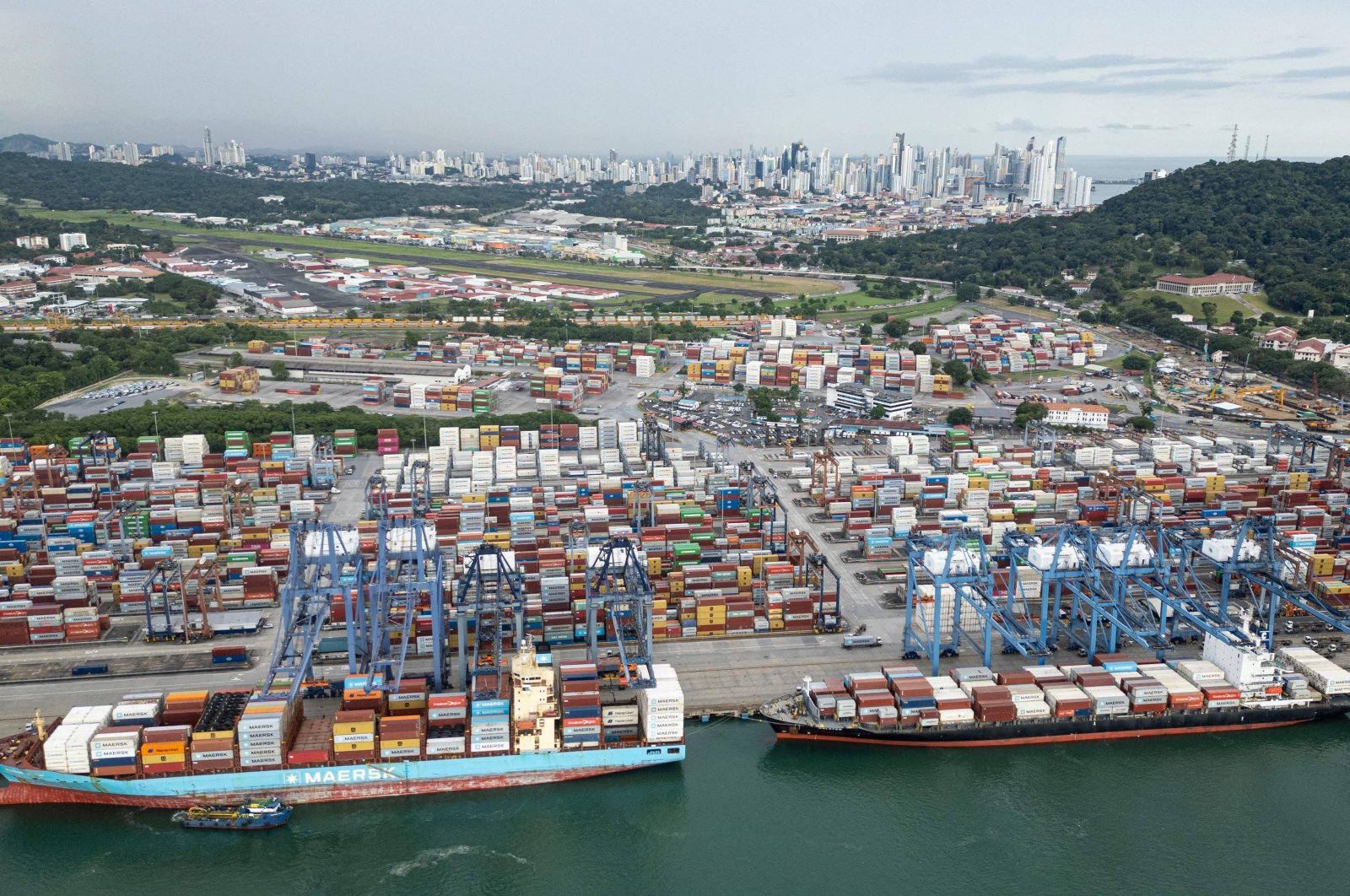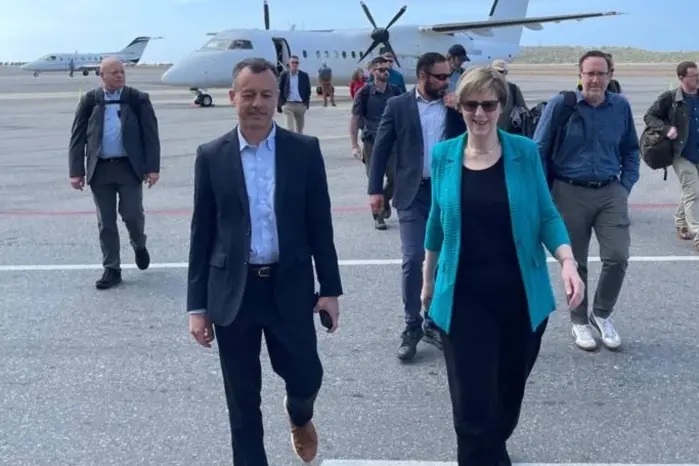Panama and Türkiye Are Close to Critical Maritime Agreement

Türkiye and Panama are nearing the completion of a critical maritime agreement that will open new avenues for Turkish shipping, Transport and Infrastructure Minister Abdulkadir Uraloğlu said on Tuesday. “The agreement we will make with Panama will pave the way for us. It will allow us to establish a presence in many more countries around the world. We are already present in many countries, but Panama is truly a very strong country in maritime affairs,” Uraloğlu told reporters in London. “I believe that if we make an agreement regarding the maritime sector, all of our seafarers will have the opportunity to work more easily globally. We also expect this to further develop our trade.” Uraloğlu’s remarks came on the sidelines of the 34th International Maritime Organization (IMO) General Assembly.
Panama has long been the country with the most ships registered under its flag. Shipowners from around the world register their vessels there for regulatory, tax and operational advantages. The Central American nation is critically important in maritime trade because of the Panama Canal, the world’s second-busiest interoceanic waterway. This year, the canal has been a central point of tensions between Panama and the U.S., which has alleged that the key waterway is controlled by China. The Panamanian government has repeatedly rejected the claim. The waterway was built by the U.S. more than a century ago and handed over to Panama in 1999. President Donald Trump has complained that handing over the canal was a bad deal for the U.S.
Deals with Oman
In London, Türkiye also signed two agreements with Oman, one in maritime affairs and another on the development of transport corridors. “Oman is a valuable country because it is the gateway to the Middle East from the south,” said Uraloğlu. The minister went on to cite global developments, which he said have shown that expanding and diversifying transport networks is no longer optional, recalling how the pandemic and geopolitical disruptions exposed vulnerabilities in international logistics.
That’s why, Uraloğlu said, Türkiye is constantly keeping alternative routes on the table, and Oman is an important partner in this context. He stated that Türkiye considers not only sea transportation but all transportation modes together. “Eighty-five percent of global trade is carried out by sea, but if you cannot deliver cargo brought by sea to its final destination via road or rail, it loses its meaning,” Uraloğlu said. “Intermodal integration is critical for us. Therefore, we are evaluating all dimensions of transportation with all parties.”
Visa Barriers Remain Pressing Problem
Uraloğlu also highlighted persistent visa challenges faced by ship crews in EU countries, which he said directly affect maritime operations. “You buy the goods, you sell them, you make every kind of agreement, and you pay for them. Then you cannot get the ship personnel onto the vessel so that you can send the ship off,” he said. “This causes serious delays.”
Uraloğlu said he raised the issue in meetings with the IMO secretary-general and several ministers, including from EU member states. “No country is self-sufficient anymore. We are clearly telling them that if you do not broaden and facilitate this process, you yourselves will be the ones to suffer the damage tomorrow,” he stressed. Uraloğlu expressed optimism that the diplomatic efforts will yield results. “We expect developments on this matter in the coming days,” he added.





